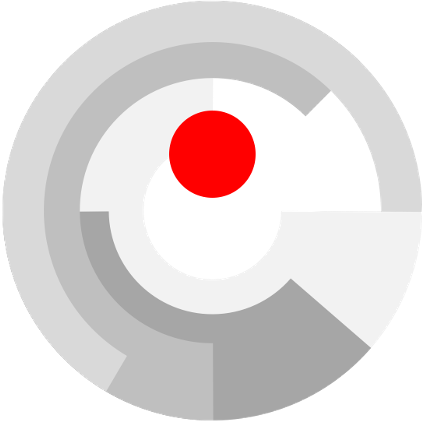Research
You, as a Fellow, analyze causal relations, extract latent features, amplify reasonings, derive inferences, formulate knowledge representations, recommend options as choice-sets; create software prototypes for digital products, services and functions; embed forecasts, optimizations, allocation and assignments; and build them with machine learning (ML), artificial intelligence (AI), data engineering, physics-inspired statistics and advanced computing technologies. You re-discover your mathematical, analytical and computing skills requiring design innovations and improve quality of human decisions.
Most leading tech-companies and institutions probably would claim the same.
So, here are three good reasons to join the program:
Own your work! School of Design Sciences Academy Intellectual Property (IP) Policy allows that everything you, your team-mates or any researcher create during academic program is yours to keep.
You join as an employee and work on the customer or company-initiated research to earn during and after completion of the academic program. (Check research-areas). Your return on investment is immediate.
You form and lead your team! You will invite fellow researchers, create a start-up like team, share and invent ideas, build digital assets, and scale them as your business to industry at large
But those aren’t the real reasons you join equantz and its School of Design Sciences.
When you focus on science and computing technologies only with the purpose of “serial venture” or publishing papers or wining an award, you form a very “narrow” and myopic view of the world. When you focus on the design and the scientific study of design, with an honest and authentic intent to collaborate as a team and serve mutual interests, that’s when the creative magic happens. You effect this alchemy. Your “broader” vision that ‘builds up ideas’ – advance humans with more knowledge, productive, a lot more enjoyable experiences and more rewarding.
Giving high potency to an insight, founded in numbers, is an intensely creative act: it requires a massive injection of imagination. As with any other creative act, it also demands an understanding of what is already in the receiver’s mind; and just as importantly, what is not already in the receiver’s mind. That’s when you call on words – provocative, allegorical words – to let in fresh air; to liberate the insight and give it immediate, self-evident potency. They are forged through tens of thousands of decisions, often made by dozens of people in a team.
You need progress from the known to the unknown. You cannot paint the future in the colors of the past. Other people’s imaginations are engaged, excited, signed on as accomplices. And the choice of the language you use is not arbitrary and inconsequential; for an insight to have real potency, the language in which it is couched is at least as important as the inner truth itself. For an insight to have real potency, literal accuracy is less important than its power to evoke. You learn to challenge conventional wisdom, because there’s no conventional wisdom. Everything and every idea are up for challenge. And, you ensure they are challenged almost regularly. You build and present your capabilities, capacities and skills to them more conservatively, even those you observe – patterns across nature’s infinite beauties and depth of human experiences. Failing gives you the room to experiment and the ability to innovate. And, success forces you to encounter with the devil.
Words get carved in stone – “Knowing is not enough; we must apply. Being willing is not enough; we must do” – become a practice of changing how we all think – how we think about the real-world, and how we think about change. And, you end up not worrying about how humans with digital skills will replace humans without digital skills. Or, will machines replace us; will automation be the end of your career; is career-growth going to be tenure, or seniority, or rank; who has a digital mindset, and who doesn’t. You view a world full of creative people who are constantly developing new possibilities for themselves and their communities.

